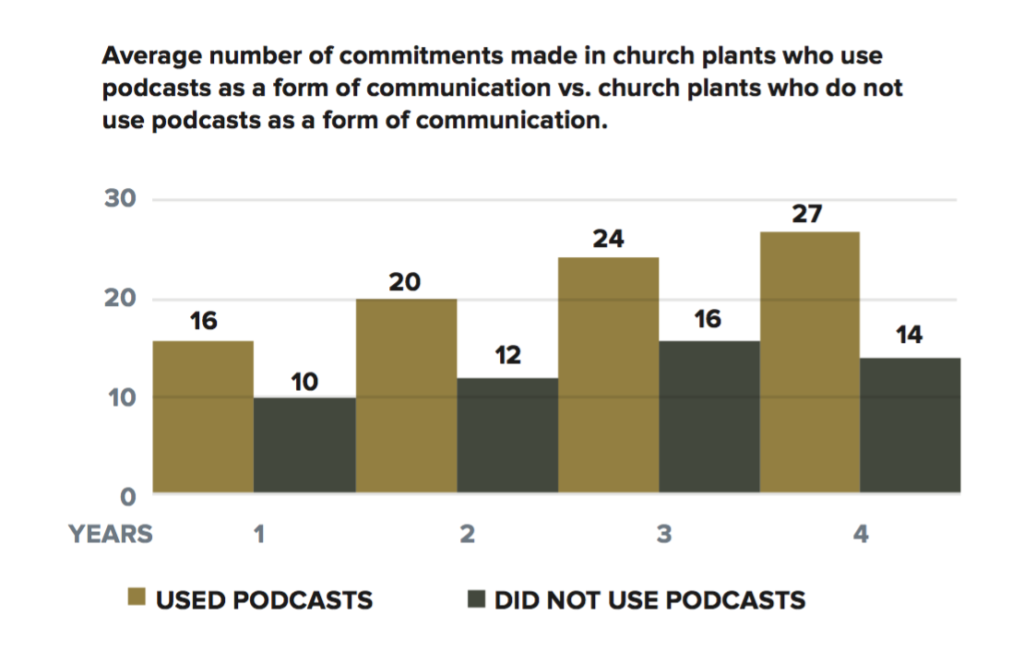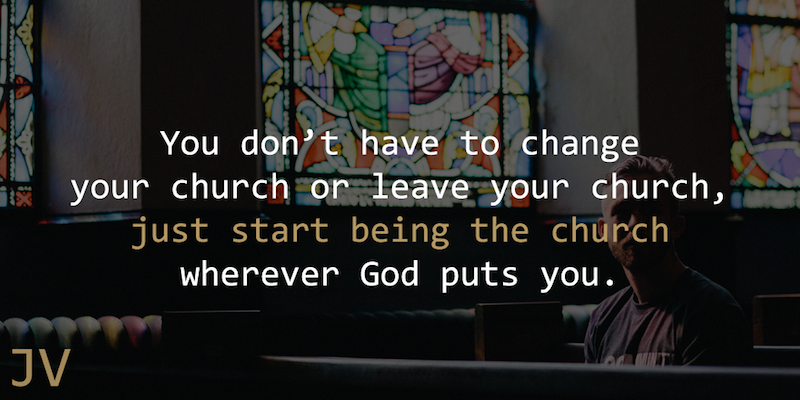
The only people who can hurt you deeply are the ones you allow to get deep inside your soul. This is what makes love so dangerous. – Erwin McManus
In order to be an effective leader, do you need to love those you’re leading? Is love a competency that a leader needs to display proficiency in?
When it comes to the task or the domain of your work, love will go a long way. After all, when you love what you’re doing, time flies. Can’t you remember doing something for hours upon end, only to realize that it’s past midnight? Mihaly Csikszentmihalyi calls this flow. This is what it means to work in your area of greatest talent or strength.
But what about the people you’re working with? Do you need to love them in order to be an effective leader?
The straightforward answer is no. There are a lot of people that I’ve worked with that I definitely did not love. Now obviously, I’m not talking about the romantic sense of love. I’m talking about the sort of brotherly love that causes you to care for, think about, and want to hang out with others outside of work hours.
For some, this sounds like crossing boundaries. “Shouldn’t work be work and personal life be personal life?” While there are many that still hold to this view, there are an increasing number of leaders–millennials especially–that want to see that line done away with.
Just think about it. If you had the choice, wouldn’t you want to love what you’re doing and love who you’re doing it with?
[Read more…] about Should You Love Those You Lead?




